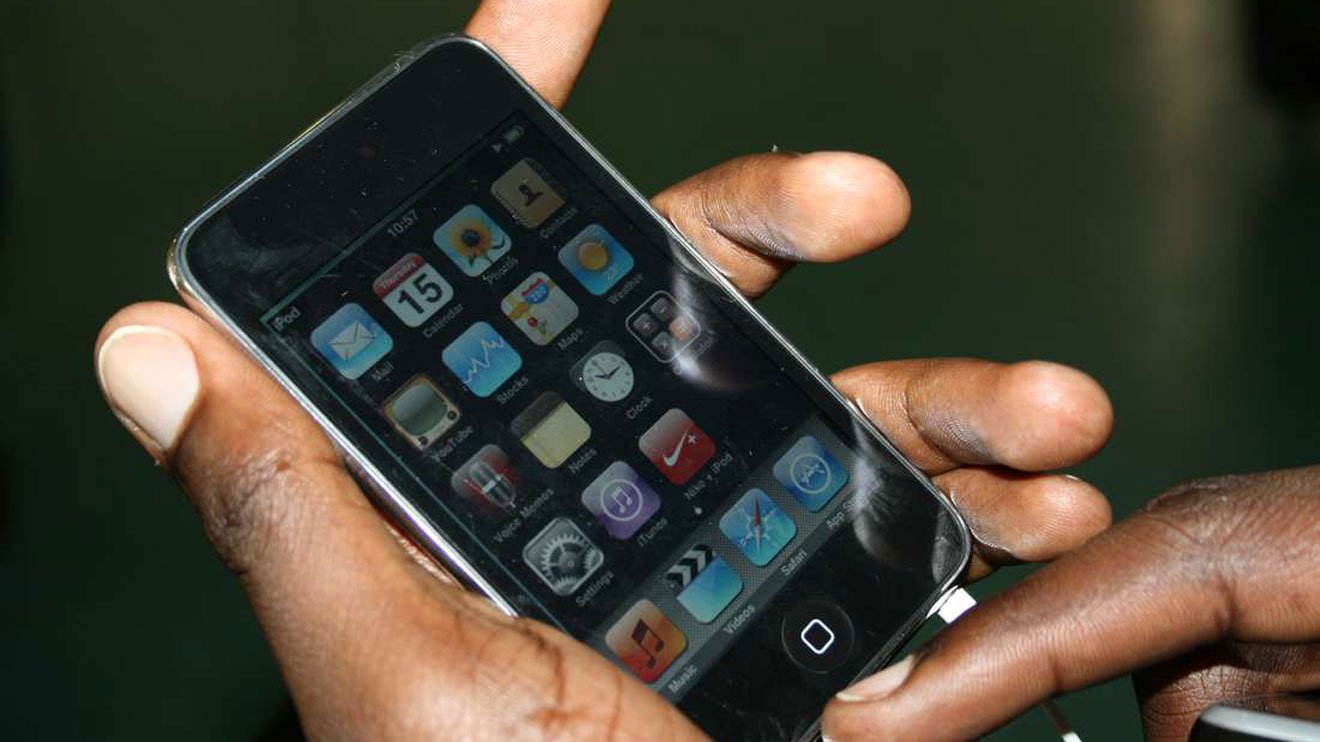If you borrow money from some mobile lending applications between 7pm and 7am, you will probably come up empty, thats because research conducted by the lenders shows that most people who borrow during this time, use that money for consumption and not for constructive purposes.
According to Alternative Circle CEO Kevin Mutiso, the conclusion was arrived at after observation that showed that borrowers keen on repaying back loans actually apply for credit between 7 am and 6 pm.
The chief executive also said that lenders also factor in how long a sim card has been operational, this he says gives lenders the confidence that you use that line frequently.
“A borrower stands zero chance of acquiring credit if their line is new, absolutely no chance, it is important for us to know that a borrower is reliable and that is one of the ways we determine that,” said Mutiso.
Regular M-Pesa activity is another aspect that the lenders factor in, deposits and withdrawals from the mobile transfer service is also a credit scoring tool, it helps lenders determine how frequently you transact as a probability of you paying back your loan.
M-Pesa to bank activity is also instrumental in considerations. It is a way of assessing a borrower’s cash flow.
Whether you have been listed at Credit Reference Bureaus. This is probably the most common method of credit scoring.
The proliferation of fintech has enabled financial inclusion, helping borrowers who couldn’t access credit from banks before get micro-loans. However, some borrowers are serial defaulters and have been listed at CRBs. Digital lenders can access data from CRBs before advancing credit helping them navigate the default risk.
How you save your contacts. A person who saves a person by their first and third names is more likely to get credit compared to a person who saves contacts in one name or in sheng.
For instance if you save a contact as Joseph Nyakundi or Joseph Mokaya Nyakundi you are more likely to get a loan compared to the person who saves the same persons name as Joseph, Nyakundi, Mokaya or Nyaks.
Trends
Mutiso also revealed that statistics show that most people borrow from mobile lenders to pay school fees while default rates below a certain age are through the roof.
Based on his observations, there is no particular gender that borrows more than the other.
Research also shows that married women are very reliable borrowers.
See Also: Importance of Digital Lending in Driving Financial Inclusion












This is true